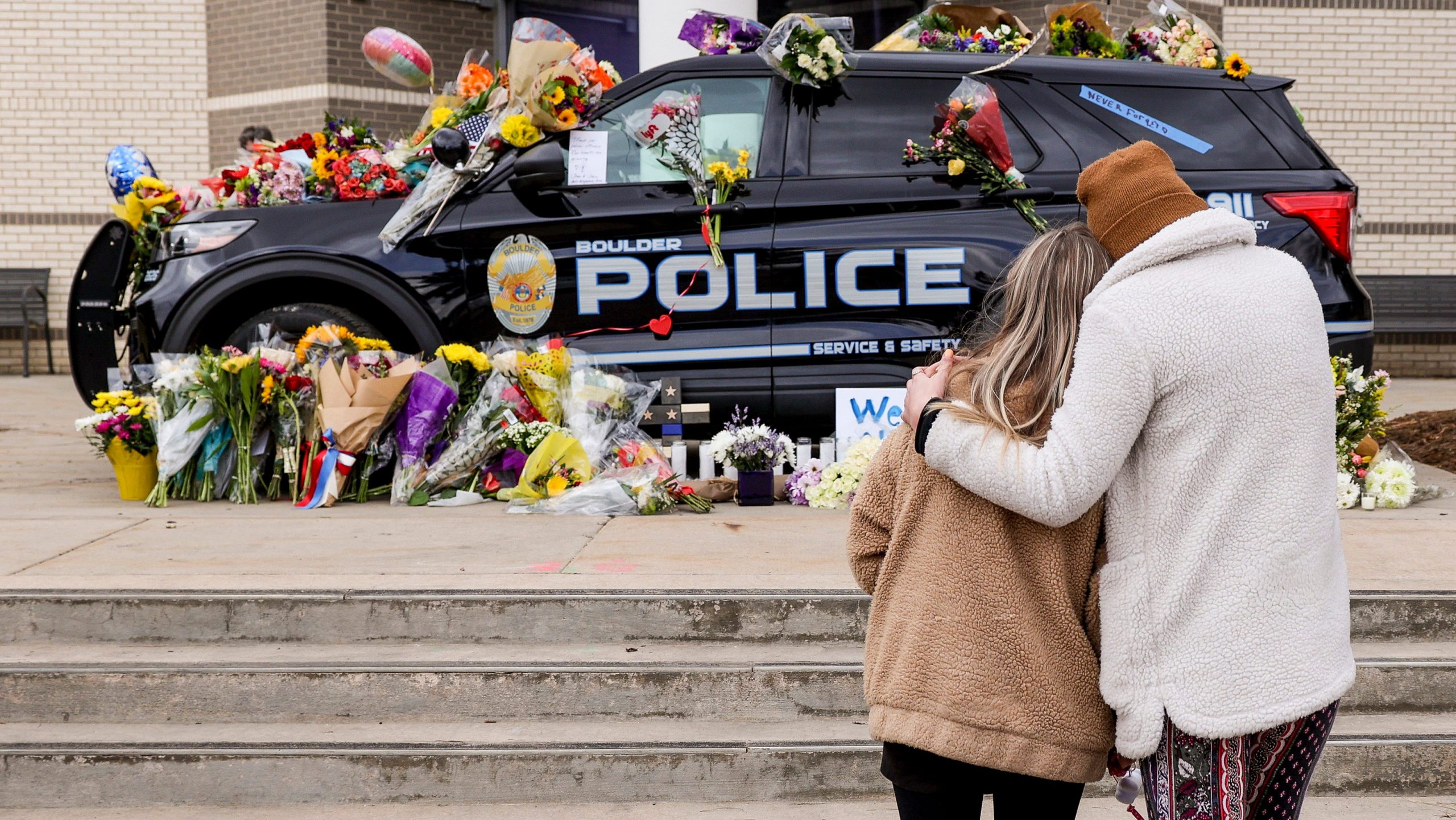![]() Call Now: (213) 536-7242
Call Now: (213) 536-7242
Monday - Friday: ![]() 9.00am to 5.00pm
9.00am to 5.00pm

BUSINESS
Barbara Poma still recalls with vivid clarity the phone call that no business owner wants to get. Poma was away from her Orlando, Fla., home that day, June 12, 2016, and well into a mother-daughter group trip in Mexico to celebrate her daughter’s high school graduation. Her cell phone rang a few minutes after 1 a.m. That made it 2 a.m. in Orlando, where Poma owned a popular LGBT nightclub called Pulse.
The call came from a manager who was standing in the parking lot, winded and terrified. There was a man inside the club, the manager told her, and he was shooting.
“Once it clicked in my brain what he was saying to me, I literally collapsed and was carried back to my room by the other mothers who were with me,” Poma recalls. “And we literally got on our knees and started praying [for] no loss of life.”
Unfortunately for Poma, those prayers would go unanswered. Omar Mateen, the gunman who’d pledged allegiance to various Islamic fundamentalist groups before entering the club with an assault rifle, killed 49 people that night—48 patrons and one of Poma’s employees named KJ. Until Stephen Paddock would open fire on a country music festival in Las Vegas a year later, the Pulse tragedy was the deadliest mass shooting in American history.
At that moment, Poma’s role underwent dizzying bifurcation. Not only was she grief stricken—a victim of what had happened—she was still the owner of a business. Pulse had been a social hub for central Florida’s gay community for a decade. Its revenues had not only helped support Poma’s own family, but the families of 45 employees. In an instant, all of it was imperiled.
“Businesses have insurance,” Poma says, “but I can assure you that nobody, as a small-business owner, has enough insurance for this kind of tragedy.”
Owing to the obvious human toll of mass shootings, media coverage—and with it, the public’s focus—tends to center, justifiably enough, on the victims. After that, the discussion invariably broadens to questions of societal causes, mental illness and the politicized issues surrounding gun control.
What’s far less explored is the question of what becomes of the business itself. How should the owners respond? What happens to the employees? Which factors determine whether a company reopens after a shooting or suffers permanent damage because of it?
Workplace violence is still a statistical rarity, though it’s becoming less of one. According to the Bureau of Labor Statistics, about 10% of homicides happen in places of employment, and those incidents are rising sharply. The BLS recorded 83 cases of workplace homicide in 2015, a number that had risen to 500 just a year later. In 2018, the latest year for which government data is available, 453 people were murdered in places of business, 351 of them having been shot.
Though school shootings tend to linger longer in the public memory, the fact is that more mass shootings take place in businesses (37%) than schools (25%), according to the Rockefeller Institute of Government. The notoriety of many of these incidents has made them famous: the 1984 shooting at a McDonald’s in San Ysidro, Calif. (21 fatalities), the 2012 Century 16 movie theater shooting in Aurora, Colo. (12 fatalities), and, most recently, the shooting at a Walmart in El Paso, Texas, in August 2019 that claimed the lives of 22 people. These incidents made national news, but hundreds of other shootings befall businesses across the country that don’t make it much past the local media.
Fear of these events has helped create an entire preparedness industry. As of 2016, upwards of 80% of businesses were looking to implement some form of active-shooter procedures and employee training. But while prevention is obviously the best medicine, far fewer resources are available for business owners or managers who’ve already endured violence.
The tasks and challenges facing a business that’s just suffered a shooting are myriad and range from actions that must be taken within minutes of the event to decisions that are invariably made months later—from taking care of employees in the hours after an incident to cleaning up the crime scene to the decision of whether to reopen. Each determination is critical, and how thoughtfully a manager or owner approaches them can mean the difference between a business that recovers and one that does not.
Source : https://www.adweek.com/brand-marketing/how-do-businesses-like-pulse-and-walmart-recover-after-a-mass-shooter-destroys-everything/







